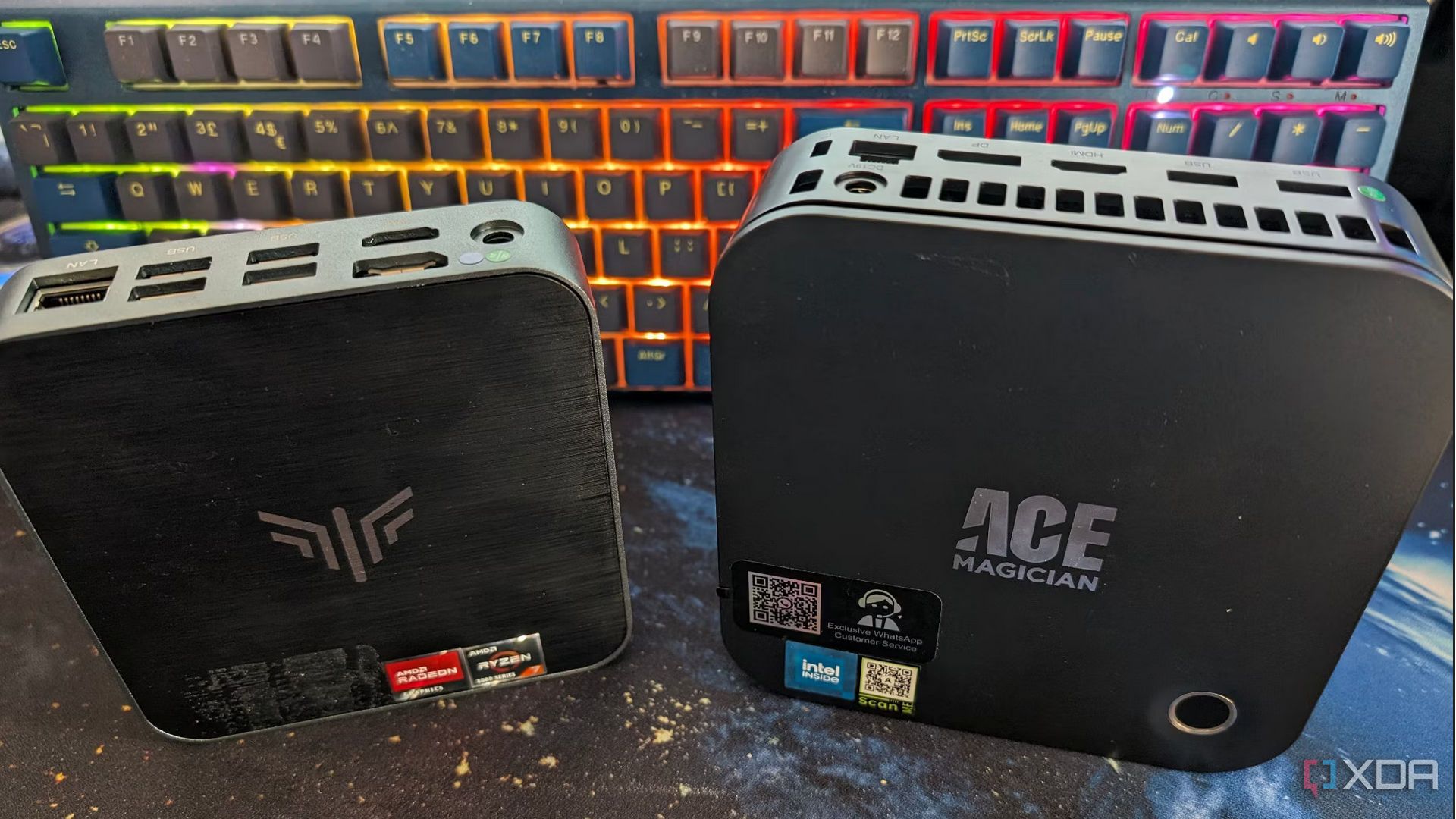UPDATE: In a surprising transformation, a tech enthusiast has replaced their entire Raspberry Pi cluster with a single Geekom Air 12 Lite mini PC, reporting immediate benefits in performance and management. This change highlights a growing trend among hobbyists seeking efficiency and simplicity in their home labs.
The transition occurred just days ago, and the impact is profound. What once required the upkeep of multiple systems has now streamlined into a single, reliable workstation. Users are discovering that the upgrade not only enhances speed but also significantly reduces maintenance time, allowing for more focus on innovative projects.
Gone are the days of managing five individual nodes. The Geekom, equipped with an N150 processor, outperforms any Raspberry Pi configuration, boasting faster storage with NVMe drives and stable gigabit networking. “Everything runs smoother,” the user reports, “and I no longer have to juggle multiple devices.”
Everyday tasks that once took considerable effort are now mere seconds away. Applications launch faster, and data transfers happen instantly, eliminating frustrations associated with older hardware. This shift allows the user to host heavier services like Nextcloud and Jellyfin with ease, a feat previously limited by the Pi’s processing power.
Notably, the energy consumption of the mini PC has also surprised its owner. The Geekom idles at just 8 to 10 watts, equivalent to two or three Raspberry Pis running moderate workloads. This efficiency is a game changer, as it not only lowers utility bills but also reduces clutter from multiple accessories and cables associated with the Raspberry Pi setup.
The transition to a single system has also alleviated software headaches. Running containers on Arm architecture often led to compatibility issues, but switching to x86 hardware has resolved those concerns completely. Now, every Docker image runs as intended, and the user can experiment freely without the constant worry of troubleshooting.
The emotional relief is palpable. “My home lab finally feels efficient,” the user states. “I can focus on what I love rather than managing a complex system.” This shift reflects a broader movement in the tech community, where simplicity and reliability are becoming paramount.
As more individuals and professionals seek to optimize their setups, this case serves as a compelling reminder: sometimes the best upgrades come from simplifying rather than expanding. The user’s experience underscores the importance of adaptability in technology, catering to the evolving needs of users who prioritize performance and ease of use.
This story resonates with a growing audience interested in home lab setups. With tech enthusiasts sharing their experiences online, expect to see more discussions around the benefits of mini PCs versus traditional clusters. The narrative is clear: in an age of rapid technological evolution, less can truly be more.
